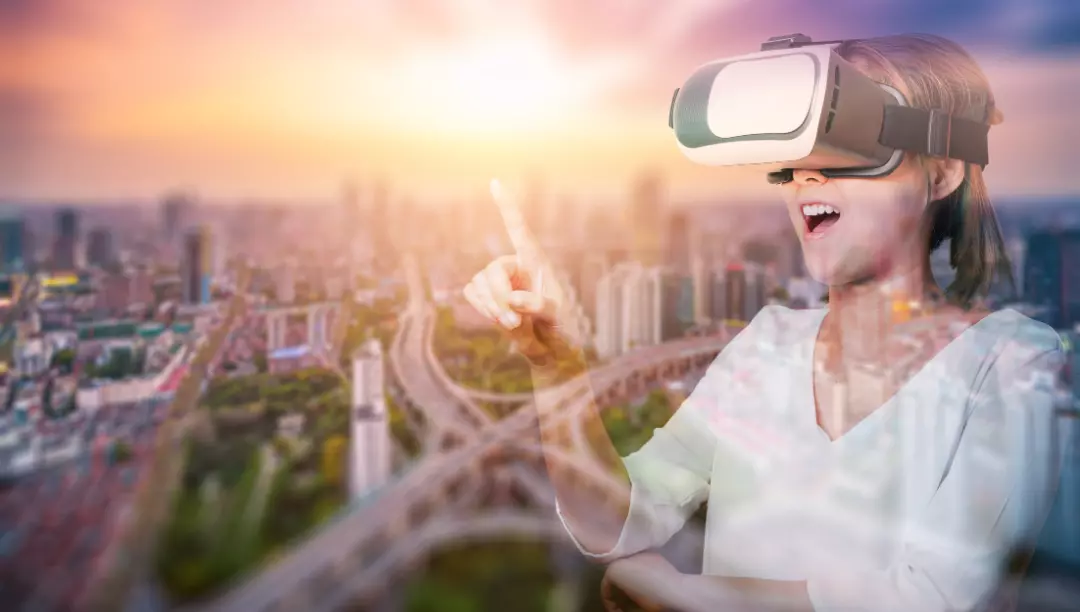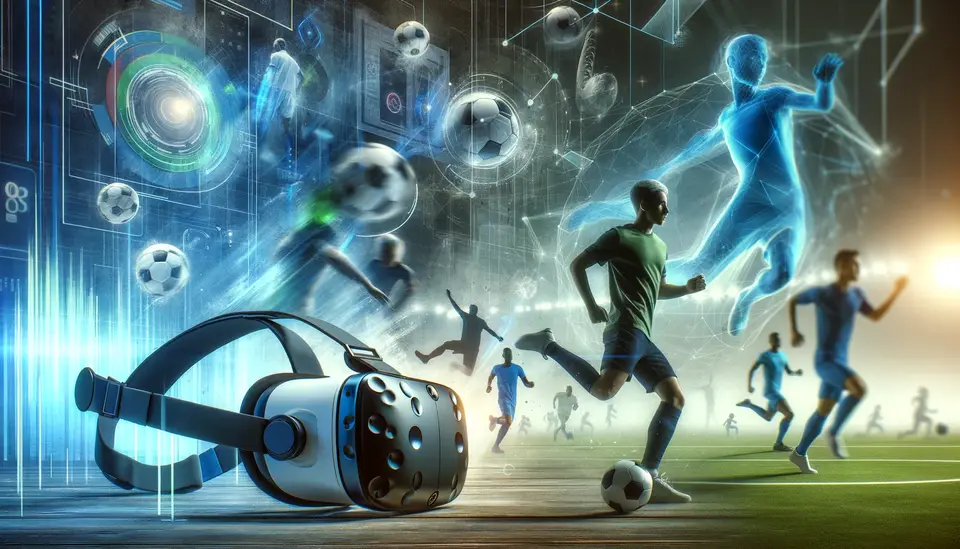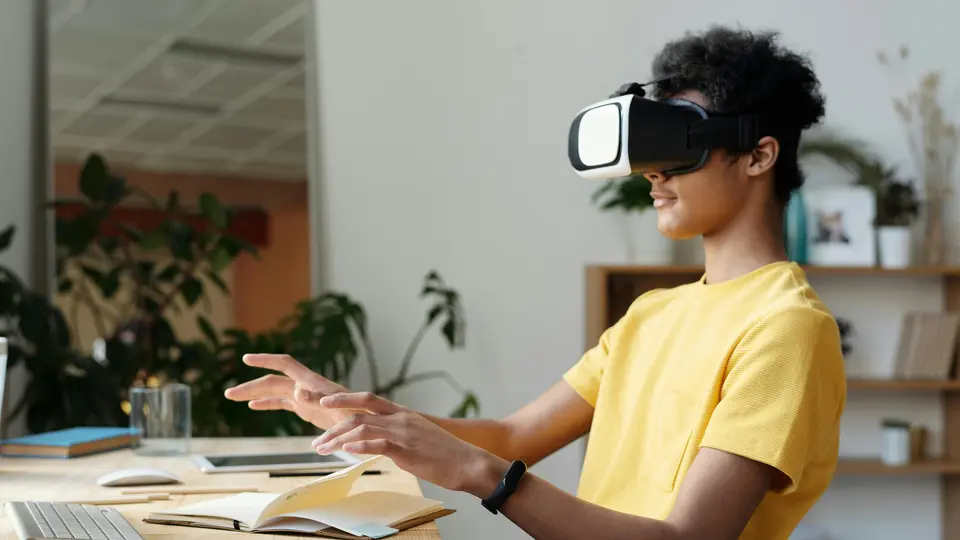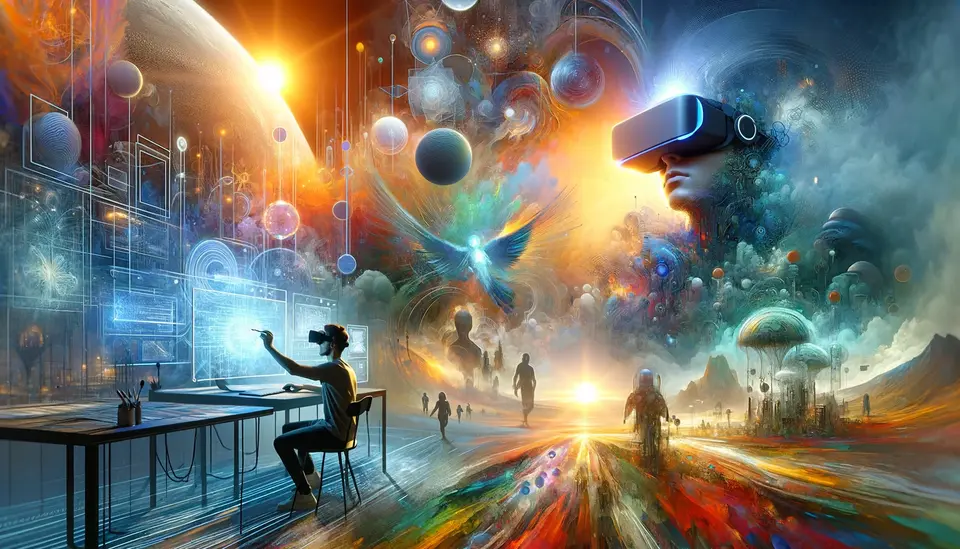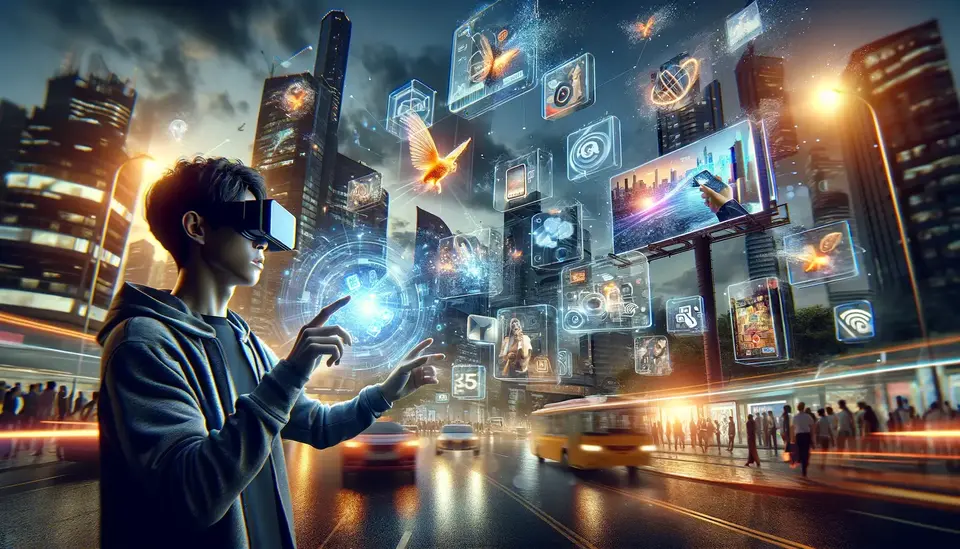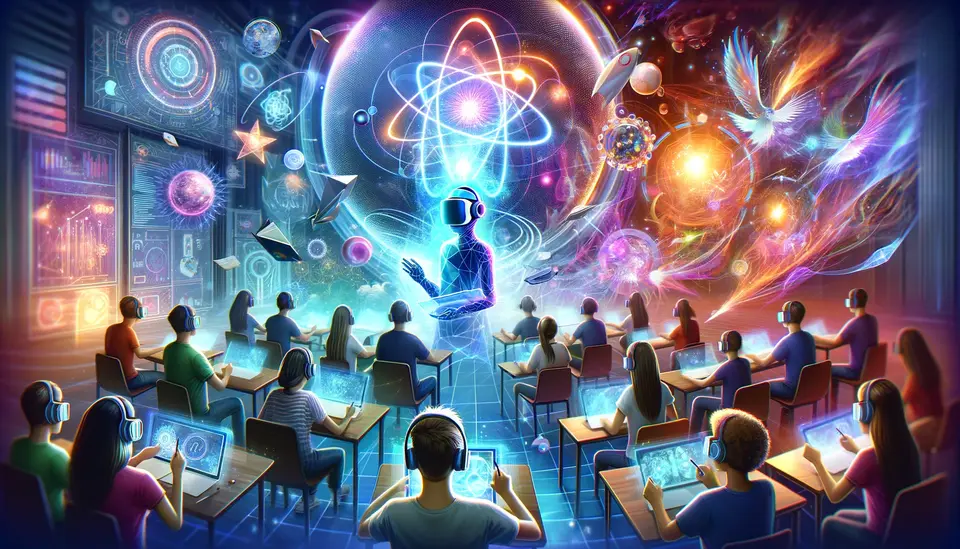15 Examples of the Use of Virtual Reality (VR) in Tourism
Posted on April 17, 2023 5 minutes 904 words
Table of contents
- 1. Virtual tours of famous landmarks
- 2. Museum and art gallery visits
- 3. Virtual reality travel agencies
- 4. VR language immersion programs
- 5. Adventure and extreme sports simulations
- 6. Cultural and historical reenactments
- 7. Wildlife and nature experiences
- 8. Culinary experiences
- 9. Virtual reality for accessible travel
- 10. VR-enhanced hotel experiences
- 11. Virtual reality theme parks
- 12. Virtual reality cruise experiences
- 13. Event and festival experiences
- 14. Travel planning and destination previews
- 15. VR for travel education and training
- Conclusion
Virtual reality (VR) technology has made tremendous strides in recent years, impacting various industries in unprecedented ways. One such industry is tourism, where VR has emerged as a game-changer, offering unique and immersive experiences that allow people to explore new destinations without ever leaving their homes. With advantages such as accessibility, sustainability, and cost-efficiency, VR has the potential to transform how we travel and experience the world. In this blog post, we’ll take a look at 15 real-world examples of VR in tourism and how they’re reshaping the industry.
1. Virtual tours of famous landmarks
Google Earth VR is a prime example of how users can virtually visit iconic landmarks, like the Eiffel Tower, the Great Wall of China, or the Grand Canyon, offering a 360-degree panoramic view. These virtual tours provide an unparalleled sense of scale and detail, giving users a unique perspective on these famous sites.
2. Museum and art gallery visits
The British Museum, in collaboration with Google Arts & Culture, offers a virtual tour of its vast collection, making art and culture accessible to a wider audience. Similarly, the Louvre Museum in Paris provides a VR tour of its iconic art pieces, such as the Mona Lisa and the Venus de Milo.
3. Virtual reality travel agencies
Startups like Ascape and YouVisit allow users to explore various destinations through VR, offering customized virtual experiences tailored to their preferences and interests. These platforms help users get a feel for the destinations before booking their trips, ensuring a more satisfying travel experience.
4. VR language immersion programs
Mondly VR, a language learning app, provides users with immersive language experiences using VR. Users can practice speaking and listening skills in real-life scenarios, such as ordering food in a restaurant or asking for directions, enhancing their language acquisition.
5. Adventure and extreme sports simulations
The North Face VR app allows users to experience thrilling simulations of adventure sports, such as BASE jumping, mountain climbing, or skiing. These virtual experiences provide adrenaline-pumping excitement in a safe and controlled environment.
6. Cultural and historical reenactments
TimeLooper, a VR app, enables users to virtually travel back in time and witness historical events like the construction of the Great Wall of China or the fall of the Berlin Wall. These immersive experiences bring history to life and offer a unique perspective on the past.
7. Wildlife and nature experiences
National Geographic’s VR app offers virtual safaris, allowing users to observe wildlife in their natural habitats, such as swimming with sharks or exploring the Serengeti. These experiences foster a greater appreciation for the natural world without disturbing ecosystems.
8. Culinary experiences
World-renowned chef Massimo Bottura partnered with Google Arts & Culture to create a VR experience called “Torno Subito.” This virtual culinary journey takes users through Bottura’s creative process, offering insights into his renowned dishes and the story behind them.
9. Virtual reality for accessible travel
Apps like WalkinVR and Rendever provide accessible travel experiences for people with disabilities or mobility limitations, enabling them to explore the world without barriers. These platforms ensure that everyone can enjoy the wonders of travel, regardless of physical limitations.
10. VR-enhanced hotel experiences
Marriott Hotels has developed the VRoom Service, allowing guests to order VR experiences directly to their rooms. These experiences include guided relaxation sessions, virtual travel experiences, and more, enhancing the overall guest experience.
11. Virtual reality theme parks
The VOID is a virtual reality theme park that combines VR with physical environments to create fully immersive experiences. Guests can step into the world of Star Wars, Marvel superheroes, or other popular franchises for a one-of-a-kind adventure, offering a level of interactivity and immersion that traditional theme parks cannot match.
12. Virtual reality cruise experiences
Cruise lines like Royal Caribbean and Carnival have started incorporating VR to enhance onboard experiences for their guests. Virtual shore excursions allow passengers to explore destinations before reaching the port, while simulated activities like skydiving or bungee jumping provide thrilling experiences without the risks.
13. Event and festival experiences
Platforms like MelodyVR and Oculus Venues provide virtual access to popular events and festivals, such as music concerts, film festivals, or sports events. Users can experience these events remotely, often with multiple camera angles and 3D sound, making them feel like they’re right in the middle of the action.
14. Travel planning and destination previews
The VR platform VisitScotland allows users to explore different regions of Scotland through VR, providing detailed information about each location. Users can use these previews to make informed decisions about their trips, ensuring they visit the destinations that best suit their interests.
15. VR for travel education and training
Platforms like TRANSFRVR and Uptale offer VR-based training for the tourism industry, such as for travel agents or tour guides. These interactive and immersive learning experiences provide hands-on training, improving retention and understanding of complex concepts.
Conclusion
The world of tourism has been revolutionized by the adoption of virtual reality, with countless examples showcasing how VR is changing the way we explore and experience new destinations. As VR technology advances and becomes more widespread, we can expect to see even more innovative applications in the tourism industry, offering unique and unforgettable experiences to travelers worldwide. Virtual reality has the potential to make travel more accessible, sustainable, and engaging than ever before, opening up new horizons for both industry professionals and travelers alike.

